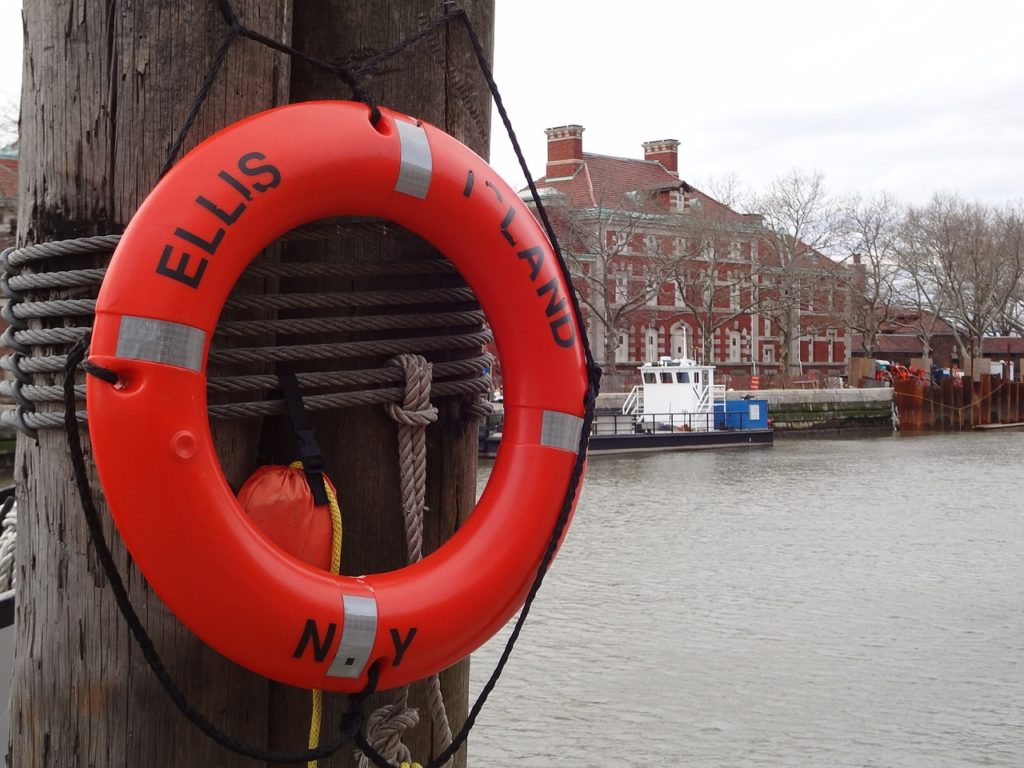Names are powerful. Most of us know that some cultures view personal names as so powerful that they are shared only with the closest immediate family members.
But many things have names. A linguistics course taken long, long ago taught me about markedness, about marked and unmarked terms. In these oppositional pairs one term is the default term, the dominant term, and the other term is the dependent, derivative term.
This was confusing. How could man be the unmarked term and women the marked or derivative term? Surely the state of being a woman was the default. Should not that from which every human is derived be the basic form? We are all born of woman.
That is when I personally realized that language could be sexist. Then I learned that there are languages without gendered pronouns. Linguistics courses can turn one into a feminist.

So yes, names are powerful. They shape us and give us signals that we receive and respond to without even being aware that we are doing so.
In the European tradition, male names evolve and change more slowly and tend to be a smaller set of names than the names given to girls. Researchers have found that for every 10,000 daughters born in America there is an average of 2.3 new names. For sons, the figure is 1.6.
Then, of course there is the changing of surnames women when women marry. Apparently more women are keeping their maiden names after marriage, still a minority, but the trend is positive, not because of feminism but because of having an established a career and an adult identity before deciding to marry.
Some European countries require that a personal or first name must denote the gender of a child. One country, Denmark I think, has a list of 7000 approved names parents must use so an not to label a child with a name that could prove detrimental.
Followers of Earth-centered religions often take a magikal or craft names.
An activist I know changed her name from Susie to Medea. Another woman I know so detested her father that she legally removed her middle name that was a derivative of his. Transexual individuals I know have all changed their names to strongly gendered names.

Surnames and Ellis Island callousness, as well as surnames and slavery’s dehumanizing practices erased or eroded the identity of individuals and families. Other people change their last names to leave old name-connected identities behind for personal and legal reasons.
The biggest issue for women could well be the fact that women’s identities as denoted by maiden names disappear from family trees far more often than the names of men. This leads to women becoming lost or invisible and ultimately of less cultural value as the marked status of women’s names supports.
—
Blogging A to Z Challenge, Letter N, Day 14
Such interesting facts, Nancy. It might interest you to know that in a certain part of India, women change their first names when they get married! Thankfully, that’s changing now.
Wow Corinne, that is such a personal, intimate overwrite. Thank you for sharing this information, I am interested in this!